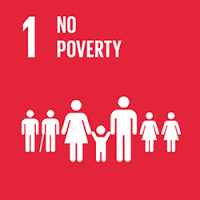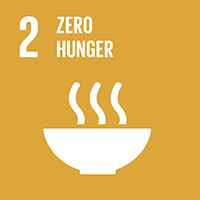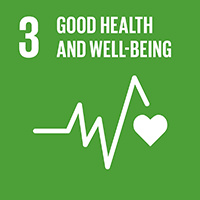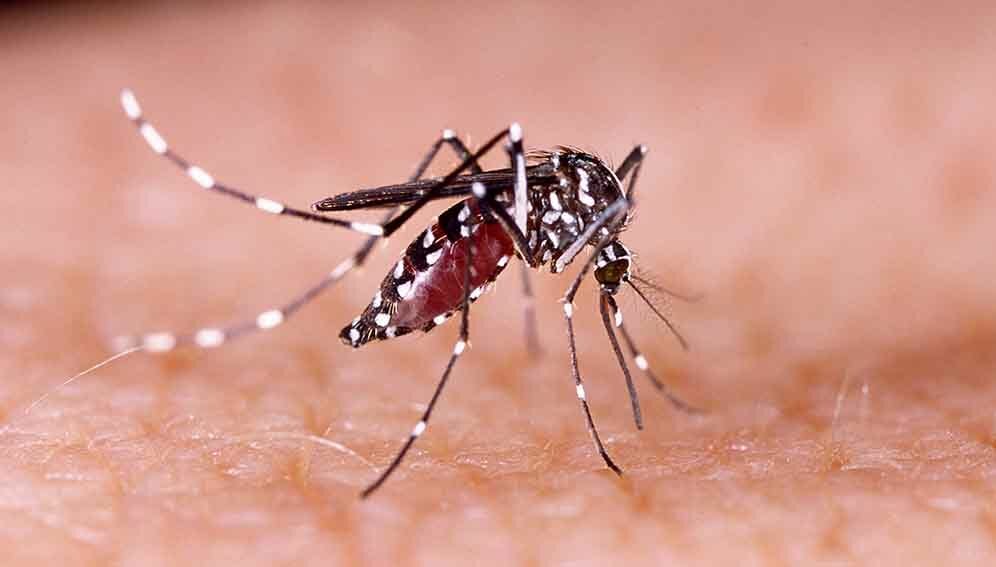Send to a friend
The details you provide on this page will not be used to send unsolicited email, and will not be sold to a 3rd party. See privacy policy.
In brief: Malaria poses a significant problem in Malawi. Research shows that insecticide-treated bed nets designed to prevent mosquitos spreading the disease are being misused for fishing. The malpractice not only puts people’s lives at risk but could also deter donors from financing the provision of free bed nets. SciDev.Net published a story investigating this situation. Following its publication, Vwaza Marsh Wildlife Reserve law enforcement staff took action against people misusing bed nets to fish in the park, leading to multiple arrests.
Why it matters: Bed nets not only protect the individual sleeping under them, they curb the spread of malaria to others. Misuse of the nets undermines efforts to save lives.
The big picture: Bed net misuse must be seen in the broader context of food insecurity and poverty, and decision makers must come together to address this complex issue as part of a bigger problem.
By the numbers: Malaria is a major threat to public health in Malawi, with approximately 6.2 million presumed and confirmed cases reported each year[1] with the number of deaths estimated to be as high as 7,460 in 2018.[2]
Background
Despite the distribution of 28 million insecticide-treated bed nets between 2004 and 2017 in Malawi, malaria poses a significant problem for the country. Experts have looked at bed net misuse to understand possible underlying causes.
On 18 September 2019, researchers published a study in Malaria Journal outlining possible drivers of bed net misuse.[3] They worked with 146 participants from the northern, central and southern regions of Malawi and found that many households were turning to fishing for additional sources of food and income, using their bed nets to catch fish.
However, bed nets are only effective if they are used widely. Don Mathanga, a co-author of the study and director of the Malaria Alert Centre at the College of Medicine has stated that bed nets not only protect the individual sleeping under them but also have an effect at population level if coverage is high.
Malumbo Mtete, a biomedical research scientist at Kande Clinic on the shores of Lake Malawi in Nkhata Bay district says the malpractice could deter donors from financing the provision of free bed nets for malaria control. He believes interventions are needed to change behaviour and that bed net beneficiaries in fishing areas should be targeted to prevent bed net misuse.
What action did SciDev.Net take?
The issue around bed net misuse in Malawi has been ongoing for some time. In 2019, SciDev.Net Regional Coordinator for Sub-Saharan Africa, Ochieng’ Ogodo, heard about the use of bed nets for fishing and protecting kitchen gardens, and commissioned a news story from journalist Charles Mkoka.
He asked Mkoka to consider the interconnected nature of food security and poverty, and bed net misuse, and to investigate in detail by talking to local people, officials and researchers. The general goal or purpose was to raise awareness among Malawi’s authorities of the complex situation around bed net misuse in Malawi’s rural fishing communities.
Mkoka was aware of the situation. He said: “There are people, here where I live, who ‘repurpose’ bed nets to protect their home-based vegetable gardens.” Mkoka recognised how a lack of policy around bed net disposal made misuse more prevalent.
He reached out to the authors of the study published in Malaria Journal, interviewing co-author Don Mathanga, director of the Malaria Alert Centre, University of Malawi. On 1 October 2019, SciDev.Net published a news story under the title Poverty blamed for malaria bed net misuse in Malawi. SciDev.Net was the only news outlet to cover this particular story.
The article was also syndicated by the Africa Health Organization.
| Website reach (unique page views) | Social media reach |
| 762 | 1,184 |
What was the impact of SciDev.Net’s action?
The SciDev.Net story had a major impact in the Lake Kazuni area of Northern Malawi.
Leonard Moyo, a park manager in Vwaza Marsh Wildlife Reserve, which borders Lake Kazuni, contacted Mkoka explaining that following the publishing of the SciDev.Net story, the park took action against those misusing bed nets. At the time, one person in possession of over 40 metres of insecticide-treated bed nets was arrested. Since then, more than ten other arrests have been made.
Moyo said: “News outlets like SciDev.Net, which advance science journalism at a global level, have a role to play to give prominence and raise awareness among policy makers and senior decision makers who access science news, so that they monitor the beneficiaries of bed nets to prevent misuse. The article by SciDev.Net raised the bar at a global scale as far as giving prominence to the extent of bed net misuse is concerned.
“The published SciDev.Net story clearly reinforces the fact that currently, in the absence of a policy, there is no clear monitoring system for checking whether bed nets are used for their intended purpose or not. This is the reason that leads to illegal distribution and use of bed nets to the fisher folk community for non-intended purposes.”
- The issue of bed net misuse is ongoing. The Malawi government is moving toward developing a policy to regulate the disposal of bed nets.
Relevant SDGs:
 |
   |
   |
References
[1] President’s Malaria Initiative – Malawi Country Profile (pmi.gov)
[2] https://www.who.int/publications/i/item/9789241565721
[3] Berthe, S., Harvey, S.A., Lynch, M. et al. Poverty and food security: drivers of insecticide-treated mosquito net misuse in Malawi. Malar J 18, 320 (2019) https://malariajournal.biomedcentral.com/articles/10.1186/s12936-019-2952-2


